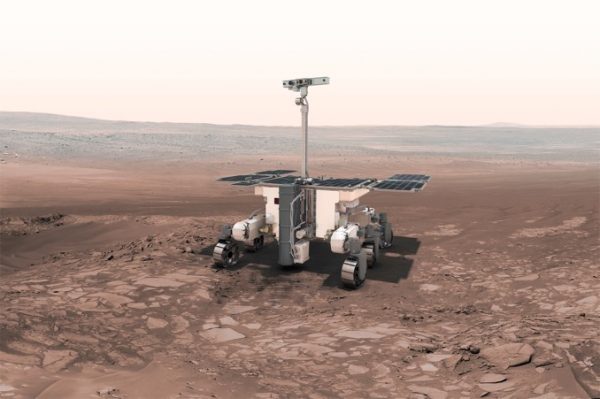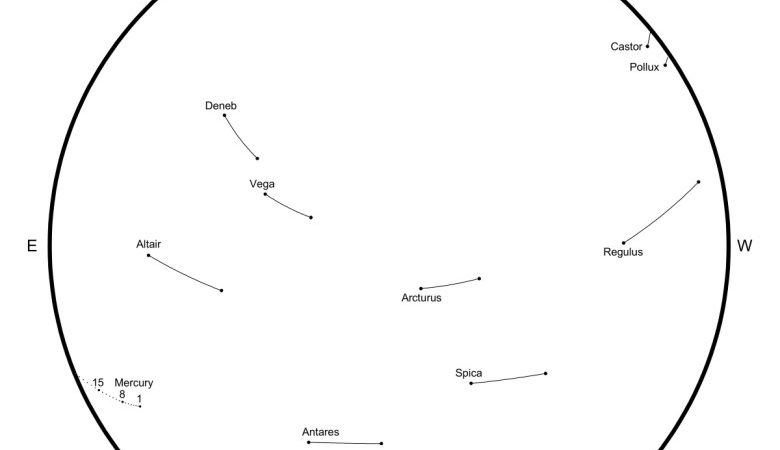ESA, Roscosmos delay launch of ExoMars 2020 lander to late 2022 – Astronomy Now Online

The European Space Agency and the Russian space agency Roscosmos are delaying launch of the ambitious ExoMars Kazachok lander and Rosalind Franklin rover from July to the next planetary launch window in late 2022 to allow more time for additional parachute testing and anomaly resolution. A contributing factor: travel restrictions due to coronavirus countermeasures.
“We have made a difficult but well-weighed decision to postpone the launch to 2022,” said Roscosmos Director Dmitry Rogozin said in a statement. “It is driven primarily by the need to maximise the robustness of all ExoMars systems as well as force majeure circumstances related to exacerbation of the epidemiological situation in Europe which left our experts practically no possibility to proceed with travels to partner industries.”
Said ESA Director General Jan Wörner: “We want to make ourselves 100 percent sure of a successful mission. We cannot allow ourselves any margin of error. More verification activities will ensure a safe trip and the best scientific results on Mars.”
The Russian lander and ESA’s Rosalind Franklin rover, Europe’s first Mars rover, are designed to look for signs of past life on the red planet using a sophisticated suite of instruments.The spacecraft are virtually complete, but problems with the descent vehicle’s complex parachute system and troubleshooting to resolve other unexpected issues compressed the schedule to the point that making the July launch window was problematic.
“This is a very tough decision, but it’s the right one,” Wörner said during a news conference. “Although we are close to launch readiness, we cannot cut corners. Launching this year would mean sacrificing essential remaining tests.”
ESA’s ExoMars mission is made up of the Trace Gas Orbiter satellite and a small landing demonstrator known as Schiaparelli, which were launched in 2016, and the Kazachok lander and Rosalind Franklin rover, which had been scheduled for launch in July. The Schiaparelli lander crashed on Mars, but the Trace Gas Orbiter is fully operational in orbit around the red planet.
The ExoMars 2020 lander is now targeted for launch atop a Russian Proton rocket between August and October 2022.






